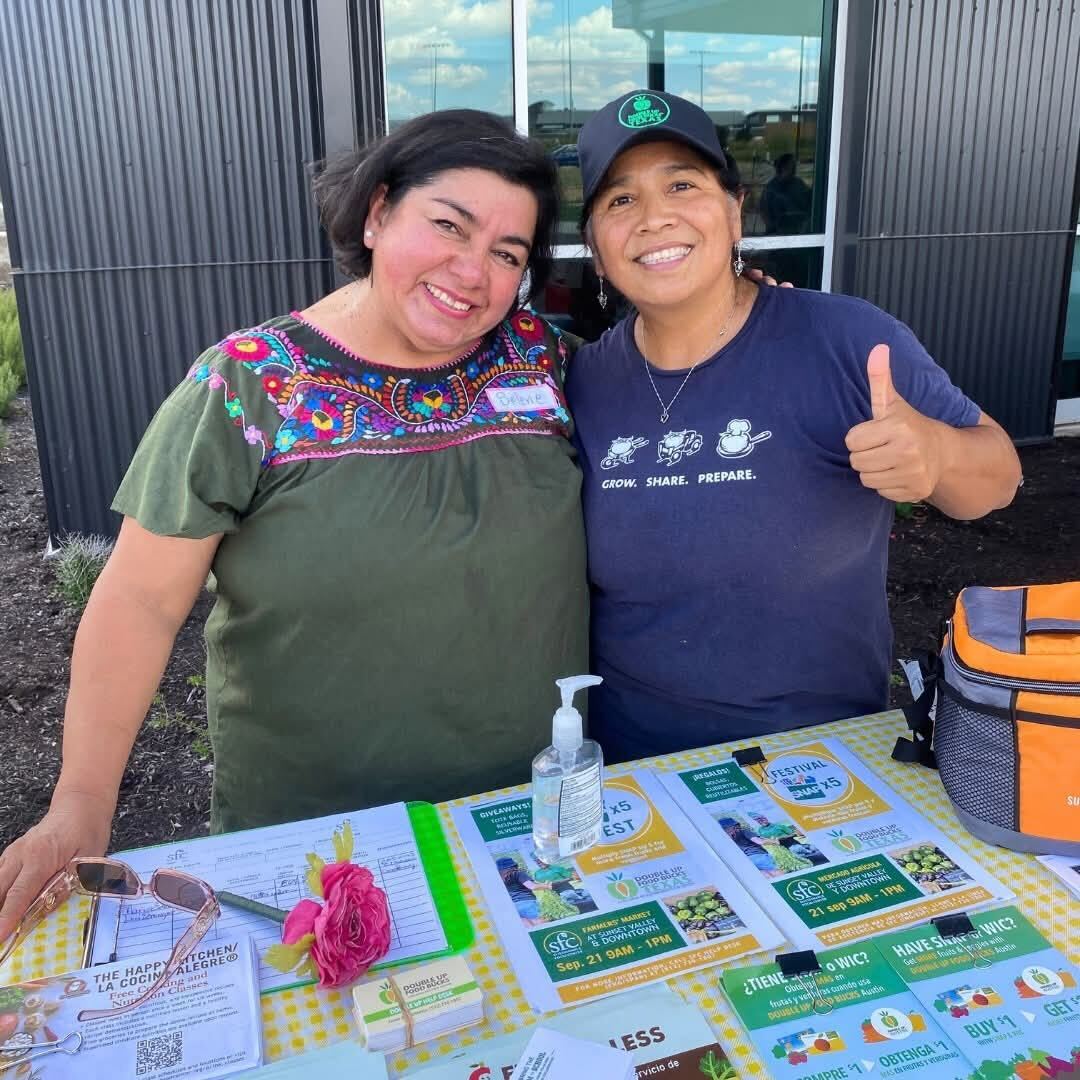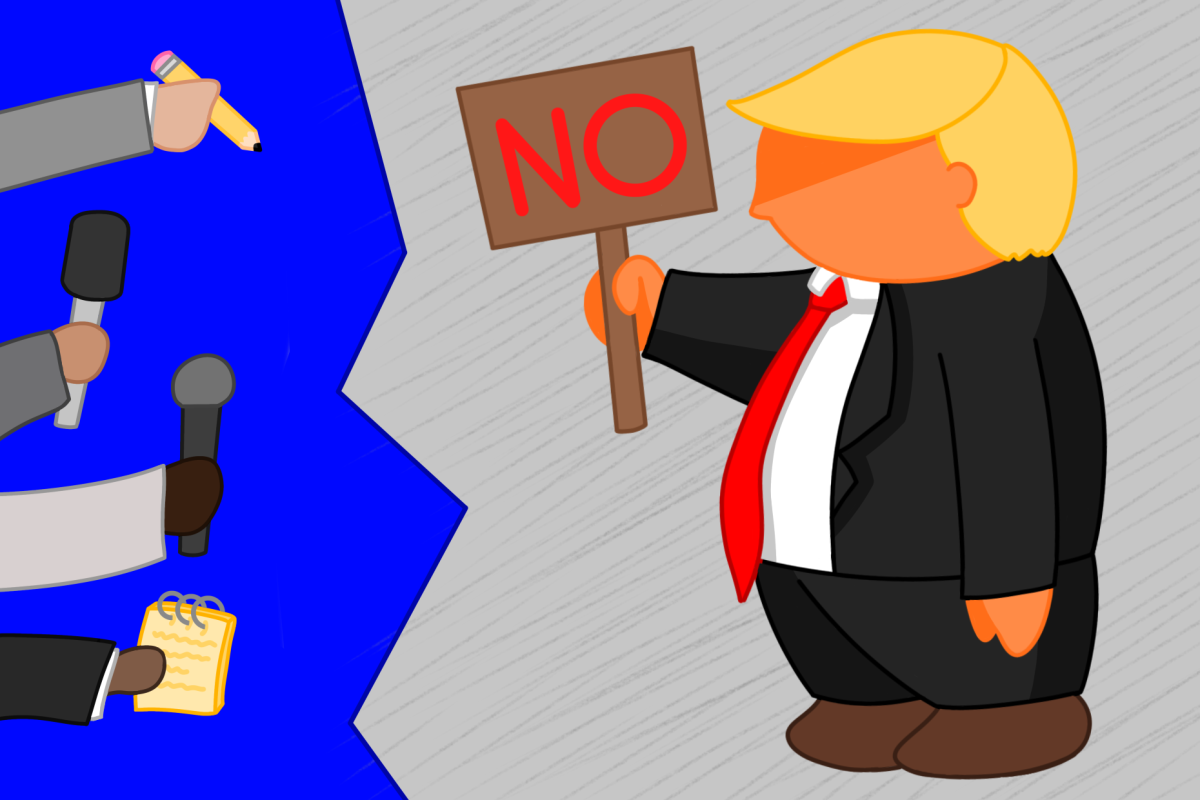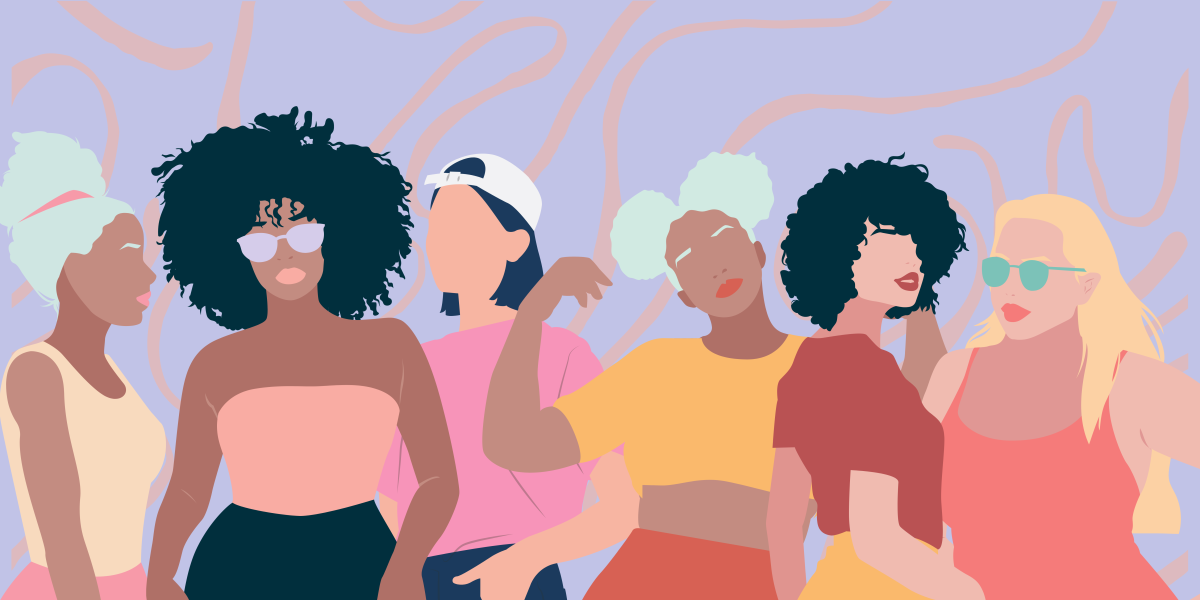In today’s world, movies and TV shows are an integral part of pop culture. Whether it’s a Netflix movie or a show on the CW, entertainment media is being consumed by people around the country. It is often that this type of entertainment is trying to connect to teen audiences.
Many teenagers, myself included, watch shows or movies that relate to them. It is comforting to see characters that are supposed to be our age going through what we’re going through. The problem is that this normally isn’t the case. Shows that we are supposed to relate to end up sending mixed messages, exercise a totally unrealistic plot or include characters that can create unrealistic body/appearance goals.
Shows like “Riverdale” and “Veronica Mars” showcase teens who are constantly solving murder mysteries rather than studying for their SATs. Not only that but Camila Mendes was 22 years old when Riverdale first premiered and Kristen Bell was 24 years old when her hit show began. Yes, this is only 3 to 5 years post-teenage years, but this age gap makes a big difference, especially with the drastic changes in generational habits due to technology and innovation.

Continually, in “Pretty Little Liars” and “Gossip Girl”, the girls wore designer clothes to their high school everyday, while of course solving some overwhelming problems such as a murderous stalker or con artists impersonating family members. The portrayal of drug use in both shows can be argued to be educational, but was more of an unnecessary character trait for some characters. Both shows also include harmful portrayals of student teacher relationships. These inappropriate relationships are glamorized through these shows and negatively affect the minds of growing teens.
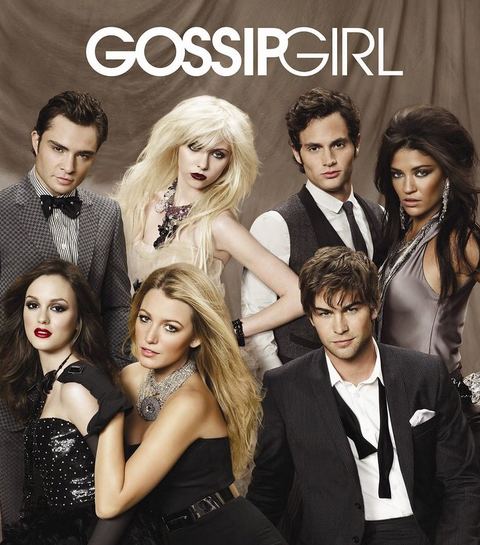
There are then shows like “Glee” where not only were all the “teen” cast members pushing thirty, but many of them were proposed to or engaged at age 18. Because the actors looked so old they started writing plot lines for their age instead of a plot line that would relate to their young audience. Lastly, many of these shows over sexualize teenagers, like “The Society”. Despite what Hollywood may think, most high schoolers are not sexually active. This can pressure teens into thinking they are ready for something they are not and hurt their self esteem.
There is much harm in the inaccurate and stereotypical portrayal of teenagers in this type of media. As Hollywood glamorizes these strangely old and overactive teens, they are teaching current generations to normalize the stereotypes of the “popular girl” or “quirky outcast”. The use of adult actors also can be very problematic. These men and women typically have an “ideal body”, are more mature than the normal teen and are not of mixed race. All teens have difficulties with self confidence and trying to relate to or see yourself as an actress like stunning Blake Lively can be difficult for their self esteem. Continually, besides the fact that underrepresentation of minority groups has been a problem in the industry for decades, showcasing shows with an all white cast teaches its audiences that that is “normal” when it’s not. Society is made up of people from all different backgrounds and that should be seen in our media.
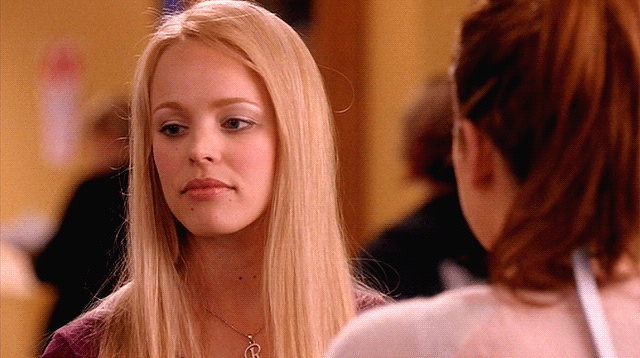
As many negatives as there are to these shows, many of them have also done great things for younger generations. “Glee” featured an extremely diverse cast with characters from all different ethnicities and with different sexual orientations. A message like this is powerful because it shows kids that it is okay to be unapologetically who you are and be proud of it. The Netflix original “Never Have I Ever” also includes great representation. The main character Devi, played by Maitreyi Ramakrishnan, deals with the death of her father and an uncertain relationship with her Hindu heritage, while struggling with what romance and friendship means in high school. Ramakrishnan, being 19 years old, can relate to the struggles of a teen growing up and understanding who they are as she is probably going through the same thing. Even though the show does include some childish jokes and a stereotypical love triangle, it is able to push through a stronger and more meaningful message.
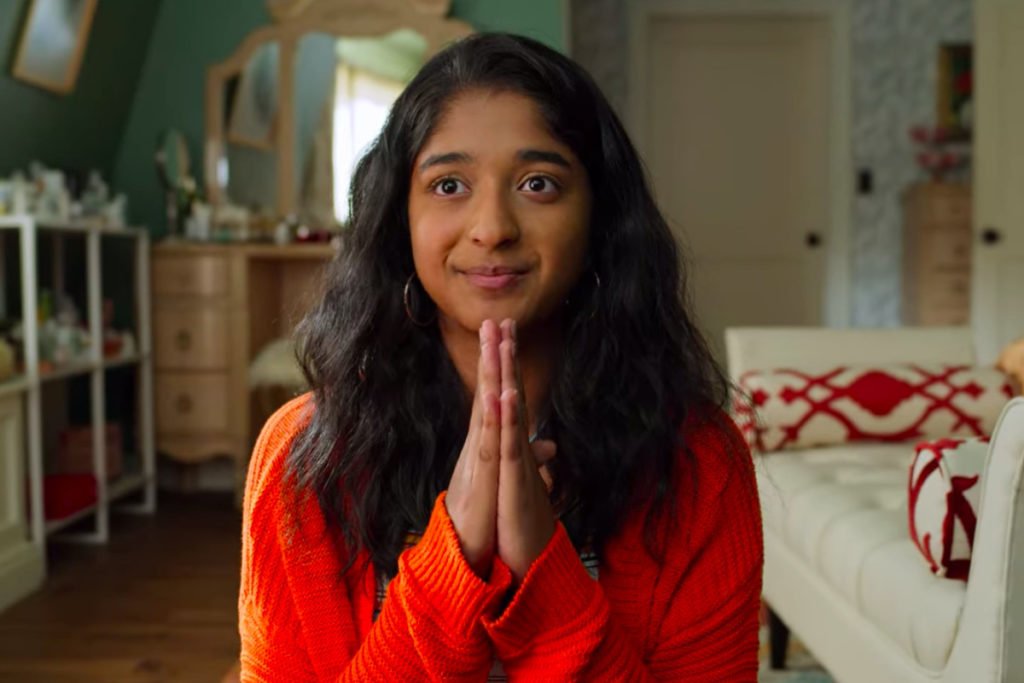
While there are some great examples of teen representation in the media, the industry must do a better job of showcasing the teen demographic in ways they can relate too.





